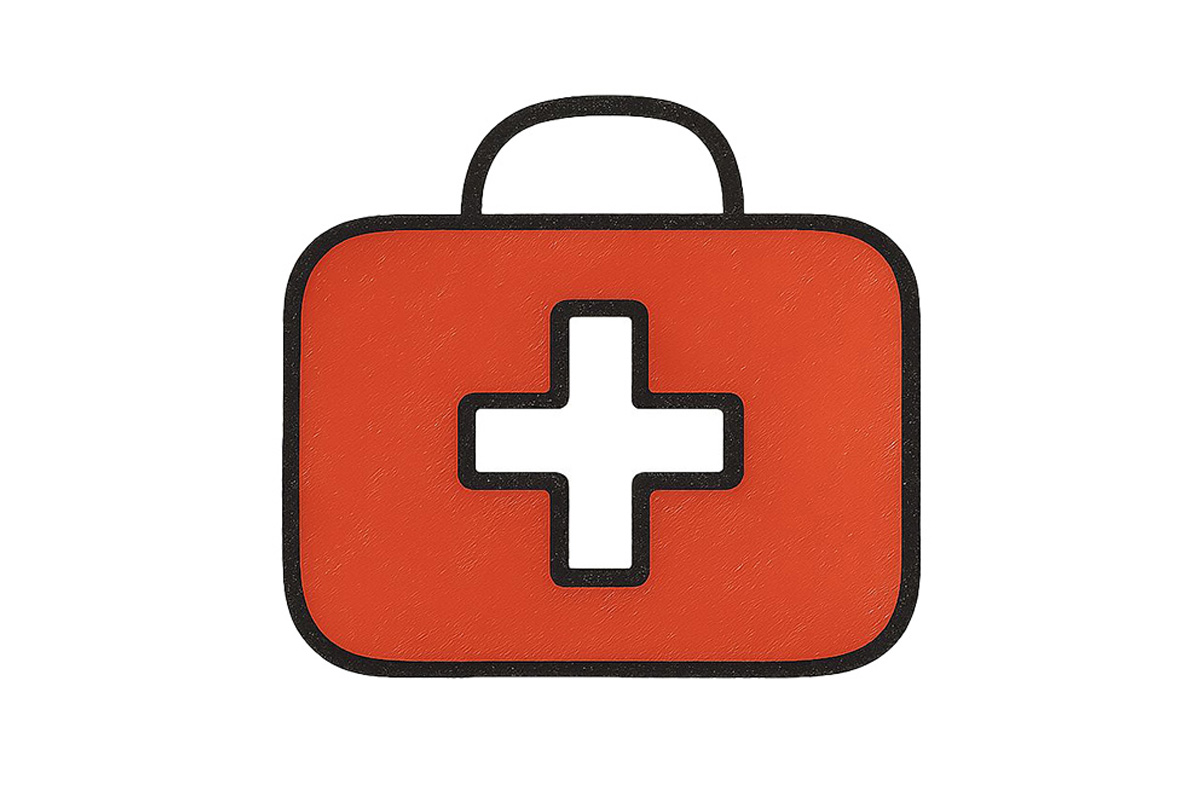Health

Vaccination of a healthy person: the most common questions
Why is it necessary to get vaccinated?
Vaccination is a simple, safe and effective way to protect yourself from dangerous diseases. It prevents the development of complications that can lead to serious consequences – loss of health or even death.
History shows that diseases that are prevented by vaccines today used to cause epidemics. For example, in the early twentieth century, measles and whooping cough were the causes of high infant mortality. Thanks to vaccination, these risks have been significantly reduced.
Why do we rarely see people with these infections?
The effectiveness of vaccination has provided herd immunity, which limits the spread of pathogens. However, if vaccination levels fall, outbreaks can return. This has already been observed in many countries.
Vaccines available in Ukraine
According to the National Vaccination Schedule, vaccines are available against:
- tuberculosis;
- hepatitis B;
- measles;
- mumps;
- rubella;
- diphtheria;
- tetanus;
- whooping cough;
- poliomyelitis;
- Hib infection (haemophilus influenzae);
- COVID-19.
All of these vaccines are purchased by the state, so you can get vaccinated for free (according to age standards).
Recommended vaccines
In addition to mandatory vaccines, there are recommended vaccines that protect against:
- rotavirus infection;
- pneumococcal infection;
- meningococcal infection;
- chickenpox;
- hepatitis A;
- human papillomavirus (HPV);
- influenza.
Recommended vaccines are not covered by the state budget, but they also provide important protection against serious diseases. For example, HPV vaccination significantly reduces the risk of cervical cancer in women.
Vaccination for different population groups
Adults
The state provides free vaccinations against tetanus, diphtheria and COVID-19. Revaccination against tetanus and diphtheria is required every 10 years. You should also be vaccinated against hepatitis B (especially in times of war) and chickenpox (if you haven’t had chickenpox).
Pregnant women
Vaccination of pregnant women is aimed at protecting the mother, the child in the womb and the infant (until the time of their own vaccination). Priority vaccinations:
- Rubella (at the stage of pregnancy planning, if the woman is not vaccinated and hasn’t had rubella);
- against influenza;
- against COVID-19;
- pertussis, diphtheria and tetanus (after the 16th week of pregnancy).
Military personnel
Should be vaccinated against:
- Diphtheria and tetanus (in war conditions, the risk of injury is very high, any gunshot wound is a potential threat of infection);
- against hepatitis B (military personnel provide assistance to their comrades-in-arms and have contact with other people’s biological fluids, including blood, which may contain the virus);
- against influenza;
- against COVID-19;
- against rabies;
Important: the number of wild animals has increased due to the war, especially in the frontline areas. The greatest danger is posed by foxes, which can run into dugouts and across fields.
- Vaccination against specific infections in other countries (during business trips, for example, on military training).
Public and paid vaccines. Is there a difference?
All vaccines available on the National Vaccination Schedule are subject to thorough clinical trials and approval by the World Health Organization. They are safe and effective.
Most state and paid vaccines are similar or even identical. The government and paid whooping cough vaccines differ slightly in the type of infectious agent. The paid one is less likely to cause adverse reactions, such as fever. However, the effectiveness of both types of vaccines is high.
Some state-issued vaccines are made in India, and this often causes people to have false doubts about the safety and quality of vaccination. But this is a myth. The Indian manufacturer is one of the most powerful in the world and has the approval of the WHO.
Is it possible to get sick after vaccination?
Yes, it’s possible to get sick after vaccination, but it depends on the type of vaccine. Some vaccines provide protection against infection and disease, while others reduce the likelihood of severe illness. For example, in 2 to 5% of people, the immune system may not develop sufficient protection after the first or second dose of a vaccine. However, due to the high vaccination level, a collective immunity is created that protects even people whose vaccination was less effective.
Do I need to be vaccinated against influenza?
Influenza is a serious illness that can lead to severe complications, especially in people at risk: the elderly, pregnant women, children and people with chronic diseases. The influenza vaccine reduces the risk of severe illness and protects against complications such as pneumonia. An annual flu vaccination is recommended for everyone, especially for high-risk groups.
When should I postpone vaccination?
Contraindications to vaccination include:
- severe allergic reaction to the previous dose of the vaccine;
- fever above 38°C;
- severe immunodeficiency (for live vaccines);
- Pregnancy (for live vaccines).
*Before the vaccination is applied, the healthcare worker conducts an examination and questionnaire to identify possible contraindications to vaccination in time, so there is no need to worry. If you have any doubts, voice them to your doctor.
Can I have several vaccines at the same time?
Yes, it is safe and effective. The immune system can easily cope with several vaccines at the same time. However, you should consult your doctor.
How to catch up on missed vaccinations?
If you or your child hasn’t received a vaccination on time, see your doctor. He or she will draw up an individual vaccination schedule.
Vaccination is an investment in the health of your family and society as a whole. Don’t delay vaccination – protect yourself and your loved ones.
Prepared on the recommendations of Fedir Lapiy, Associate Professor of the Department of Paediatrics, Immunology, Infectious and Rare Diseases at the International European University, Head of the National Technical Group of Experts on Immunoprophylaxis.
